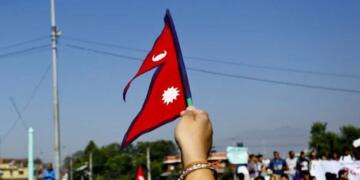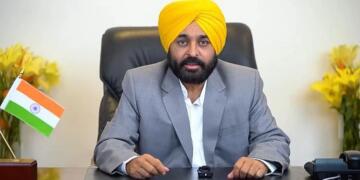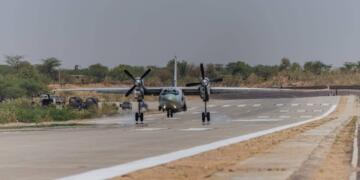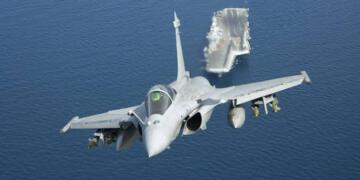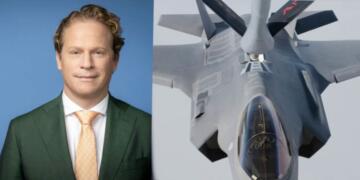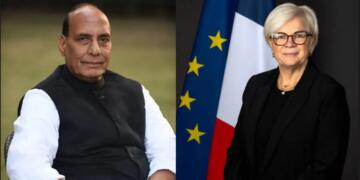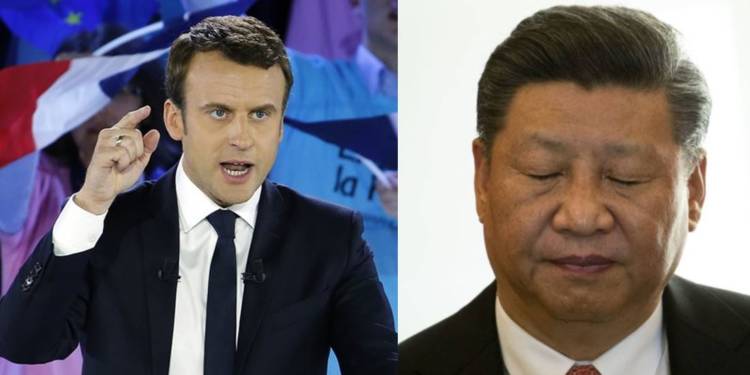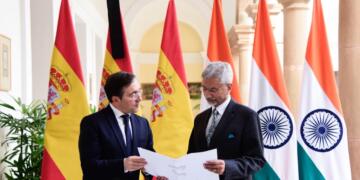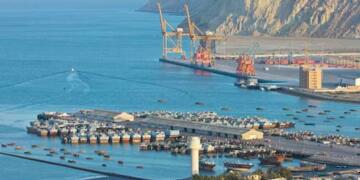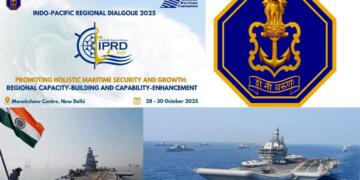Geo-strategic observers around the world are fixated with how China is filling the vacuum that the US is leaving in one of the world’s volatile and resource-rich regions, the Middle East. While India and Russia are quite clearly competing with the Dragon to fill this gap, a new and powerful phenomenon is now reshaping the Middle East, much to China’s chagrin. We are talking about the French President Emmanuel Macron who is trying to make his country a Great Power in the Middle East.
Over the recent past, France has shown the ability to manage four burning Middle Eastern disputes- the Libyan war prompted by Ankara, the Lebanon crisis, the Turkish incursions in the Eastern Mediterranean and Turkish bombings in Iraqi Kurdistan.
Macron is, therefore, the only Western leader who has boldly taken on Ankara, an emerging Chinese Client State, on all fronts. France is thereby also impressing upon major Gulf powers- Saudi Arabia and the United Arab Emirates (UAE) by finding a common enemy in Turkey. Macron is therefore becoming an ally of the Arabs. This helps France approach the Middle East with a lot more diplomatic heft.
The French powerplay is at loggerheads with the Chinese President Xi Jinping’s big power ambitions in the Middle East. Till now, China was expecting that the Middle East would be up for grabs given the vacuum being left by the energy-independent US, but little did it realise that France has a lot of skin in the game, which Macron won’t let go easily. High stakes in oil exploration, desire to contain refugees and defence exports are making Paris a big player in the Middle East.
And Macron started showing that he does have a major role to play in the energy-rich region with the Libyan intervention itself. While most European powers became fence-sitters, Turkish President Erdoğan went on a rampage supporting the radical Muslim Brotherhood government in Tripoli, Macron sent in covert military help to the Haftar-led Libyan National Army (LNA).
The French President is also showing the intent to inflict occasional blows on the Turkish proxies in Libya; the Rafale fighters dismantling Turkey outposts being a case in point.
In Lebanon also, Macron was the one taking the initiative by visiting the Beirut port blast site, even when the local politicians chose to stay at bay. Call it France’s sense of responsibility to resurrect a former colony that is presently in shambles or simply a humanitarian gesture, the fact remains that Macron was able to create a sharp sentiment against the Hezbollah, an Iranian proxy, that was doing China’s bidding in Lebanon.
France’s ability and intent to influence the Middle East keeps on increasing. Therefore, when Erdoğan went berserk in the Eastern Mediterranean waters by claiming sovereignty over Greek and Cypriot Continental Shelves, Macron came in with the overt military and diplomatic support.
Macron’s larger message to the Middle East is that France is ready to manage the delicate security situation that can easily spiral out of control in the absence of a responsible power.
Therefore, France has also sought to needle Turkey over the latter’s military strikes in Iraqi Kurdistan supposedly targeting the Turkey-based Kurdistan Workers’ Party (PKK). Iraq feels that Turkish strikes are a violation of its sovereignty and Macron concurred when he visited Baghdad for a series of meetings with Iraq’s President Barham Salih, Prime Minister Mustafa al-Kadhimi, and the Kurdistan Regional Government President, Nechirvan Barzani.
Behind the French intervention in Libya, Lebanon, Iraqi Kurdistan and Eastern Mediterranean lies oil resources. Total, a French energy company, for example, has been active in Libya for the last seven decades. Libya has the largest oil reserves and fifth-largest gas reserves in the African Continent, making the war-torn country a geo-strategic flashpoint. Total also has high stakes in a consortium that runs the Halfaya oil field in Iraq, apart from a major stake in oil exploration in the Kurdistan region.
And then Erdoğan’s Islamist ambitions of flooding Europe with refugees also militate against France’s ambitions to check the inflow of refugees from the war-ravaged zones in the Middle East and Northern Africa. France, therefore, naturally gets sucked into the Middle East. It is taking care of the vacuum in the Middle East that China desperately wants to fulfil.
However, the solutions being offered by China and France are very different. While Beijing tends to support rogue regimes like Tehran and Ankara to exploit the energy-rich region to the maximum possible extent, Paris is offering real solutions even if it means that Macron has to put boots on the ground.
And in a way, France is toying with rogue regimes and their proxies like the Hezbollah that have direct or indirect Chinese support. Therefore, Macron is gaining extensive goodwill in the region at Beijing’s expense.
Macron has made many friends in the region including Lebanon, Iraq, the UAE, Saudi Arabia, Egypt, Greece and Cyprus. These countries are rallying behind France because they find the promise of someone providing them with a robust security service role against rogue regimes. On the other hand, they will gradually understand that China is no friend but just a transactional partner who will not offer anything except crippling debts and the more complicated Middle East. Macron has, therefore, intervened and effectively spoiled China’s Middle East ambitions.


